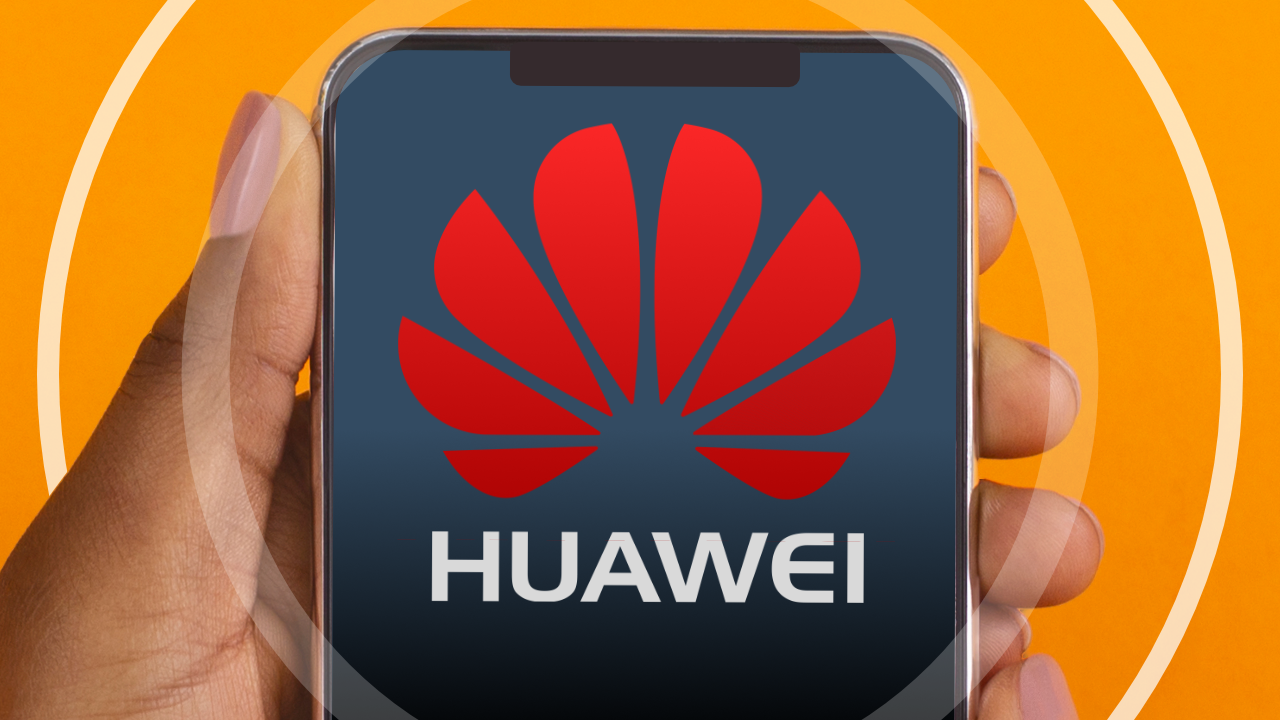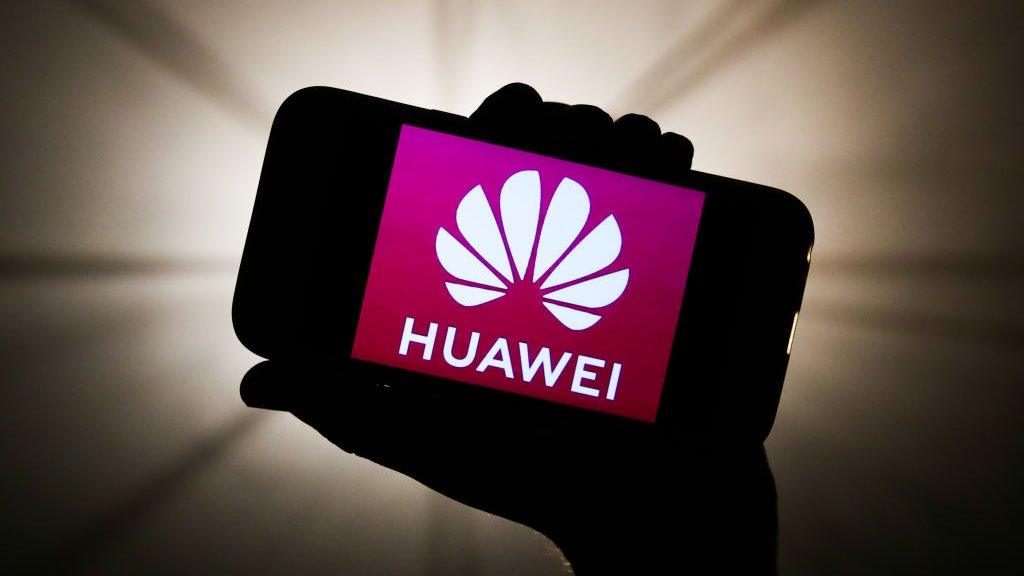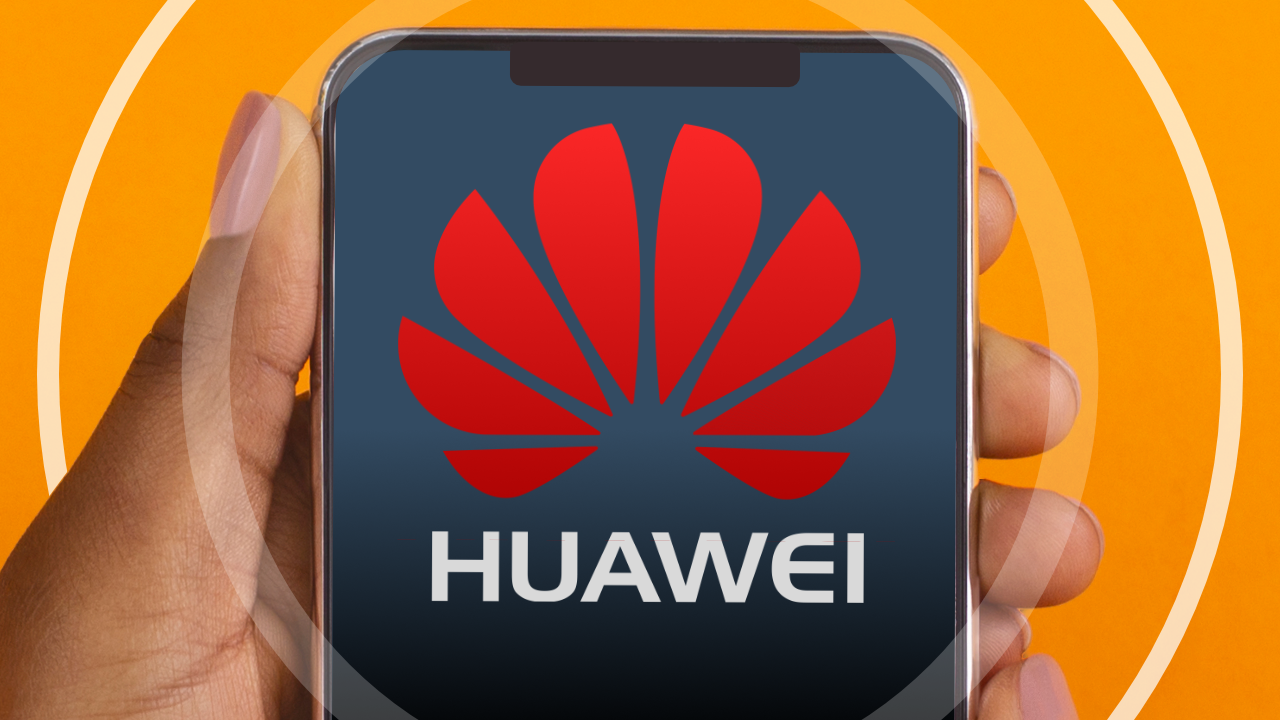Could Huawei be out of the UK by 2024?
- Published

Huawei equipment should be stripped out of the UK's new communications networks by the time of the next election, according to the leader of a group of rebel MPs who are unhappy at government plans to allow the Chinese telecoms group a limited role in the UK's 5G infrastructure.
Tom Tugenhadt, chair of the China Research Group (CRG), told the BBC: "We recognise the need for businesses to deliver and roll out better and faster communication as fast as possible but the government must be able to deliver a safe network by the next election."
The government is preparing to change its policy on Huawei at a meeting of the National Security Council on Tuesday. It comes after an official report said a ban on the firm's use of US chips made it harder for the UK to vet the Chinese company's equipment.
Some of the rebel MPs had demanded that Huawei equipment should start to be withdrawn within months, but telecoms companies have said they need a minimum of five years to remove the equipment if the UK is to avoid service blackouts, exorbitant costs and delays in government plans to role out ultrafast broadband to all.
Mr Tugenhadt's comments on Monday therefore appeared to soften the group's stance.

Mr Tugenhadt's comments show a softening of the CRG's stance
Huawei equipment has been part of UK network equipment for the last 15 years and there are tens of thousands of green junction boxes which contain legacy equipment.
While BT boss Philip Jansen has said it would be "impossible" to strip out every last piece of old Huawei kit, that is not where the political battle is currently being fought.
Members of the CRG have left demands over a total strip-out of all legacy equipment deliberately vague, as they primarily seek assurances on the construction of new networks that are increasingly making much of the old networks obsolete.
The 5G ban, plus allowing older Huawei equipment to be superseded, is do-able, according to Mr Jansen, who told the BBC on Monday that it was possible to get Huawei out of the new architecture by 2025. But he said compressing the job into a five-year time frame would not be without cost and risk.
Sources in the telecoms industry still hope the government will avoid putting a firm date on when Huawei needs to have been excluded, but Mr Tugenhadt said that would be unacceptable. "If they don't put a date on it this side of the next election they [the government] will lose," he said.
Telecoms companies also point to the fact that the extra time will allow other suppliers to develop products of a similar standard as those offered by Huawei. A telecoms company executive said: "There was a time when we bought Huawei kit because it was cheap, now they are 18 months ahead of the competition. The extra time will allow others to catch up".
Although ground for compromise seems to have opened up on which the government, the CRG and the telecoms companies can land, it's still unclear how such a decision will be received in Beijing.
China is deeply embedded in other critical UK infrastructure projects, with a 30% share in the construction of nuclear reactors at Hinkley Point in Somerset and plans, which have cleared several planning and approval stages, to build their own design reactor in Bradwell.
Huawei may be the most important single company in the world right now - it is the front line of an economic cold war between the US and China. Even if a compromise is found on this issue, there are still some big choices ahead over which the UK government could find itself caught in the cross fire.
- Published13 July 2020

- Published11 July 2020

